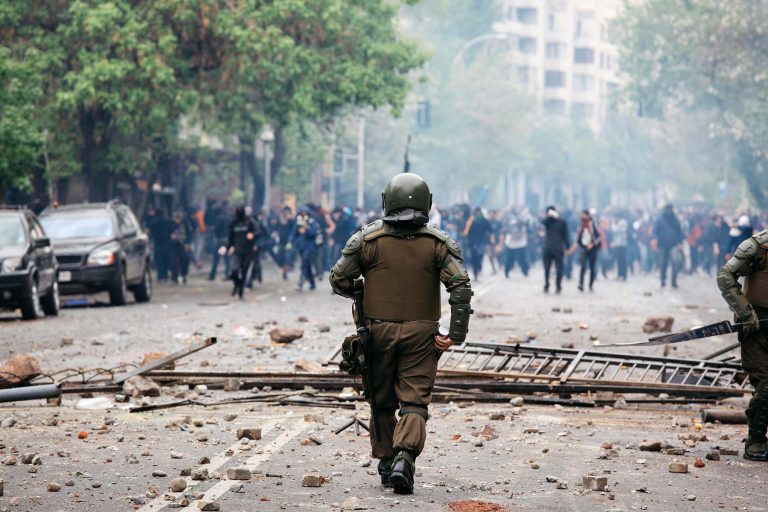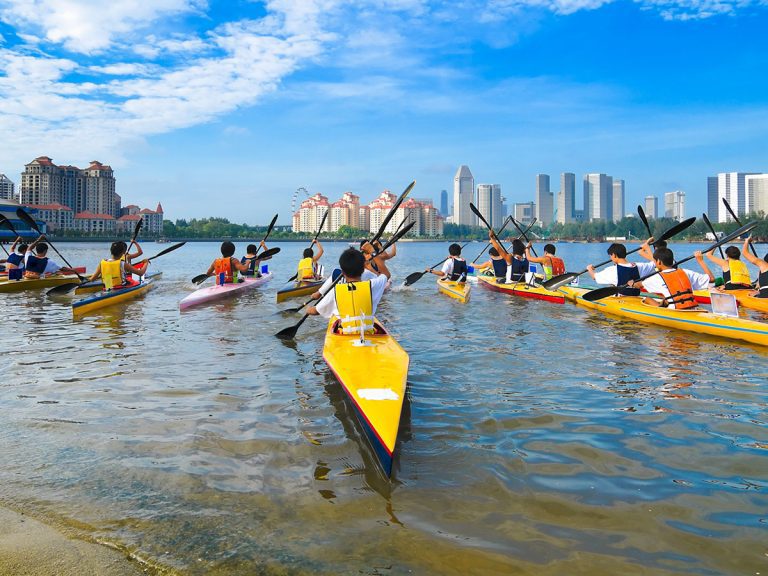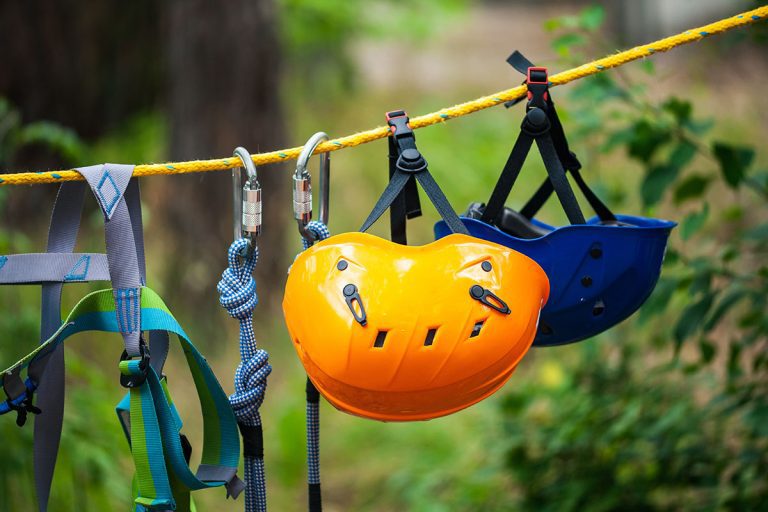Environmental Emergencies Topic of 2-Hour CME Session
Viristar is pleased to offer a two-hour Continuing Medical Education (CME) session to the Paramedics in Africa group, a consortium of some 250 paramedicine care providers from across the African continent.
The topic will be environmental emergencies, and will include:
- Thermoregulation: hypothermia, heat exhaustion, heat stroke
- Electrolyte imbalance: exercise-associated hyponatremia
- Cold injuries: frostbite, trench foot, chilblains, Raynaud’s phenomenon
- Submersion Injuries: drowning
- Altitude: high altitude cerebral edema, high altitude pulmonary edema
The session will be held January 22, 2022, online.
Paramedics providing pre-hospital care across Africa work in very challenging circumstances. At times they have to perform complicated extrications and patient carries well off the pavement, with patients who have experienced a prolonged delay before help has arrived.
Paramedics also receive patients who are evacuated from safaris and trekking destinations such as Mt. Kilimanjaro or Mt. Kenya with a variety of altitude-related illness, as well as dehydration, thermoregulatory issues or other problems.
Prehospital care providers also face extended transport times, where they are required to provide patient care far beyond the “golden hour.”
Many paramedics in countries across Africa do not have ready access to high-quality educational opportunities about specialized environmental and wilderness medicine topics.
Viristar’s training aims to help meet the needs of these dedicated and hard-working care providers.
Viristar and Wilderness Medicine
Viristar staff have been providing wilderness medicine training since 1997 in 16 countries on four continents. Trainings have ranged from one-day Wilderness Medicine Workshops to two-day Wilderness First Aid classes, four-day Wilderness Advanced First Aid courses, and eight-day Wilderness First Responder trainings.
Viristar’s director, Jeff Baierlein, will be leading the CME session. Jeff, who has held NREMT and Wilderness EMT certifications since 1993, worked on ambulances providing emergency prehospital care in Arizona and Washington state.
He also served on four backcountry, high-angle, and technical Search and Rescue teams in New Hampshire, Arizona, and Washington state over many years, and led rescues in the USA and Asia.
Viristar also has a team of wilderness medicine education professionals, from Wilderness First Responder to Paramedic level, who have led wilderness medicine trainings in Europe, the Americas, and Asia.
Viristar and Africa
Individuals from a number of African countries, from Angola to South Africa, have enrolled in Viristar’s safety-related trainings for some time, principally through the Risk Management for Outdoor Programs courses Viristar offers.
Viristar has a partnership with Dirty Boots, an information clearinghouse on southern Africa’s leading adventure providers, which provides information on adventure tourism opportunities, outdoor education, and outdoor skills training opportunities in South Africa, eSwatini and Lesotho. Through the partnership, individuals in Dirty Boots’ network get special access to Viristar’s risk management trainings.
Viristar also has a friendly collaboration with AdventureEd in South Africa, an organization providing educational travel experiences in Africa, to help bring outdoor safety training to experiential educators, adventure tourism operators, safari leaders, and others in Southern Africa.
Viristar has, in addition, built relationships with medical care providers in Africa, and following recent planning efforts around hosting a Wilderness First Responder course in Tanzania, in conjunction with United World College East Africa, the idea to provide the CME training arose.
The Continuing Medical Education session is held in collaboration with George Amolo, who organizes training events with Paramedics in Africa.
George is completing his four-year BSc in paramedicine science at the Masinde Muliro University of Science & Technology in Kakamega County, Kenya. He is a co-founder of the Paramedic Association of Kenya, and is leading efforts to build a national registry for paramedics in Kenya. Prior to his paramedic studies, George worked in EMS as an EMT.
Paramedics in Africa
Paramedics in Africa is an informal group of approximately 250 paramedics from a number of African countries. Members of the group keep in touch through a WhatsApp group to share resources and support.
Emergency Medicine in Africa: In Development
The status of the Emergency Medical Services (EMS) system varies from country to country in Africa, and has been developing and undergoing improvements.
A snapshot of the Prehospital Emergency System in Kenya can illustrate the success and opportunities Africa’s EMS systems experience.
Kenya, one of the most highly developed countries in East Africa, has a population of around 53 million. Following the terror attack in 1998 targeting the US Embassy in Nairobi, it became clear that significant room for improvement in the country’s EMS system existed.
With support from the USA, the country’s first EMTs were trained. In 2017, the B.Sc. Program in Paramedicine, a four-year program followed by a one-year internship, started at Masinde Muliro University began, with George enrolling in one of the earliest cohorts.
The country currently has approximately 100 Emergency Medical Responders, 180 Emergency Medical Technicians, and no paramedics. They serve a population of over 50 million, spread over more than 224,000 square miles.
Kenya’s EMS system is more highly developed than those in neighboring countries.
The EMS sector in Kenya is mostly unregulated. No national EMS curriculum exists, nor does a national Scope of Practice, and there are no national EMS guidelines currently in place.
Each of the country’s 47 counties is responsible for implementing EMS structures, and does so to varying degrees. Ambulance services are a patchwork of private commercial organizations, NGOs such as St. John’s Ambulance, international organizations such as MSF (Doctors without Borders), and a small number of government-run ambulances.
There is no nationwide emergency telephone number in Kenya.
That said, efforts are underway on many fronts to improve all aspects of Kenya’s EMS system.
Collaboration Across the Continent
Viristar and Paramedics in Africa are working with other paramedic associations and medical training entities across the country, to help ensure the CME reaches the broadest possible audience.
The Paramedic Association of Kenya has been invited to send members to the CME session.
In West Africa, the Paramedic Students Association of Nigeria (PaSAN) at University of Benin Teaching Hospital has been invited to join the class.
And in Southern Africa, students at Boitekanelo College, a community college in Tlokweng, Botswana, specializing in healthcare education, are invited to participate as well.
The CME is offered in collaboration with Wilderness Medical Associates International, whose curriculum will be used for the event. Viristar is a licensed training company of WMA, which has run wilderness medical trainings in Africa for many years.
The training is being offered at no charge to all who attend.



